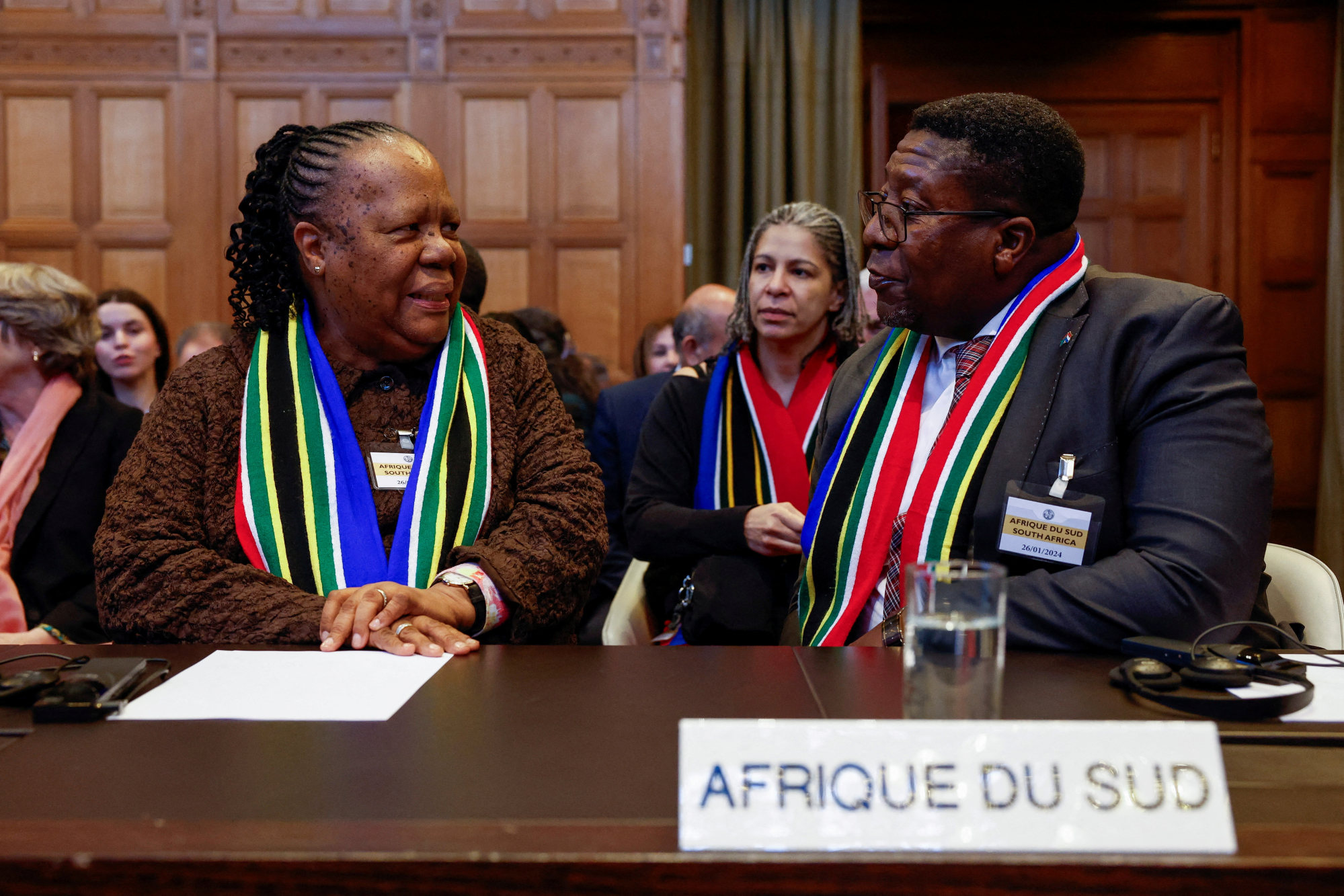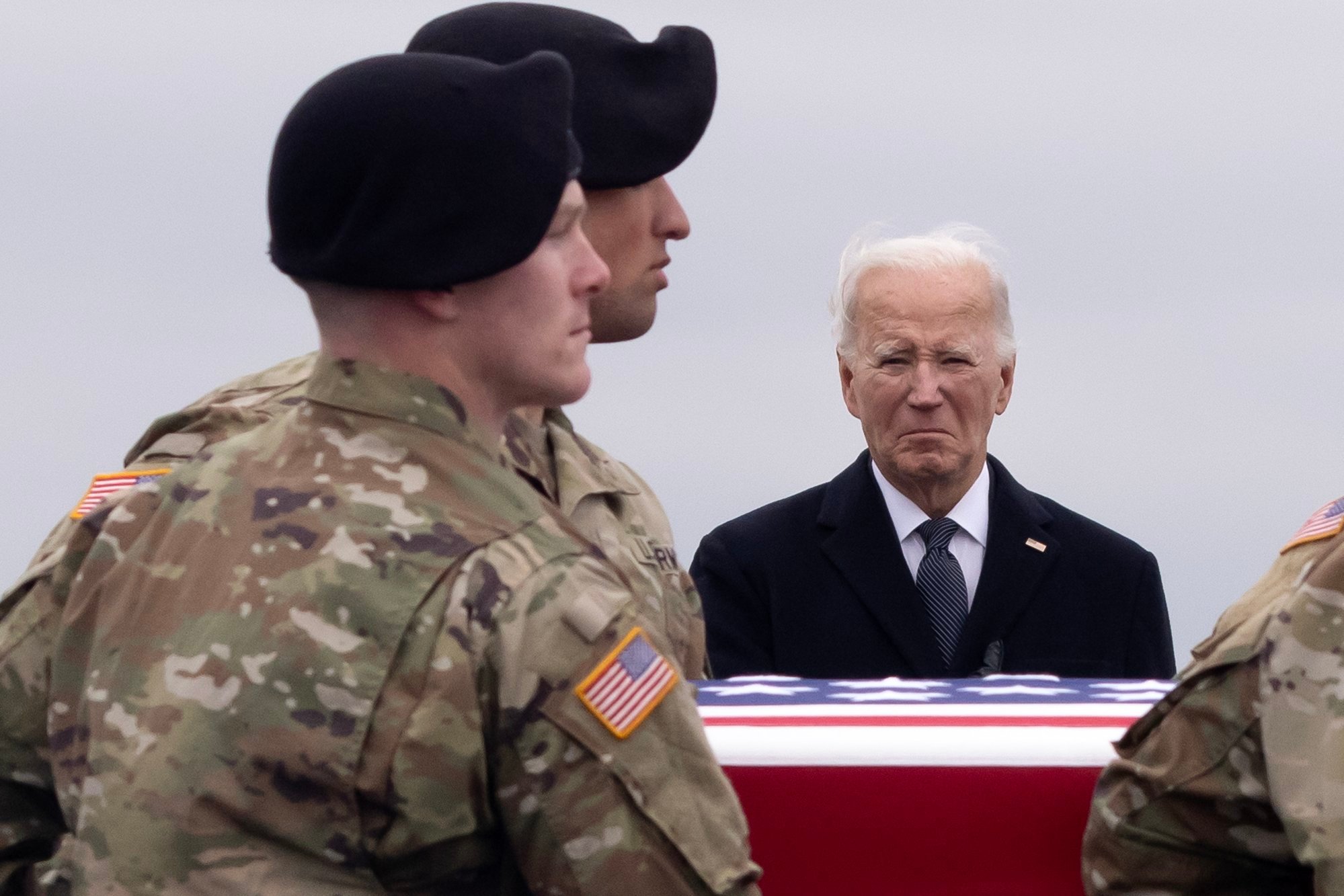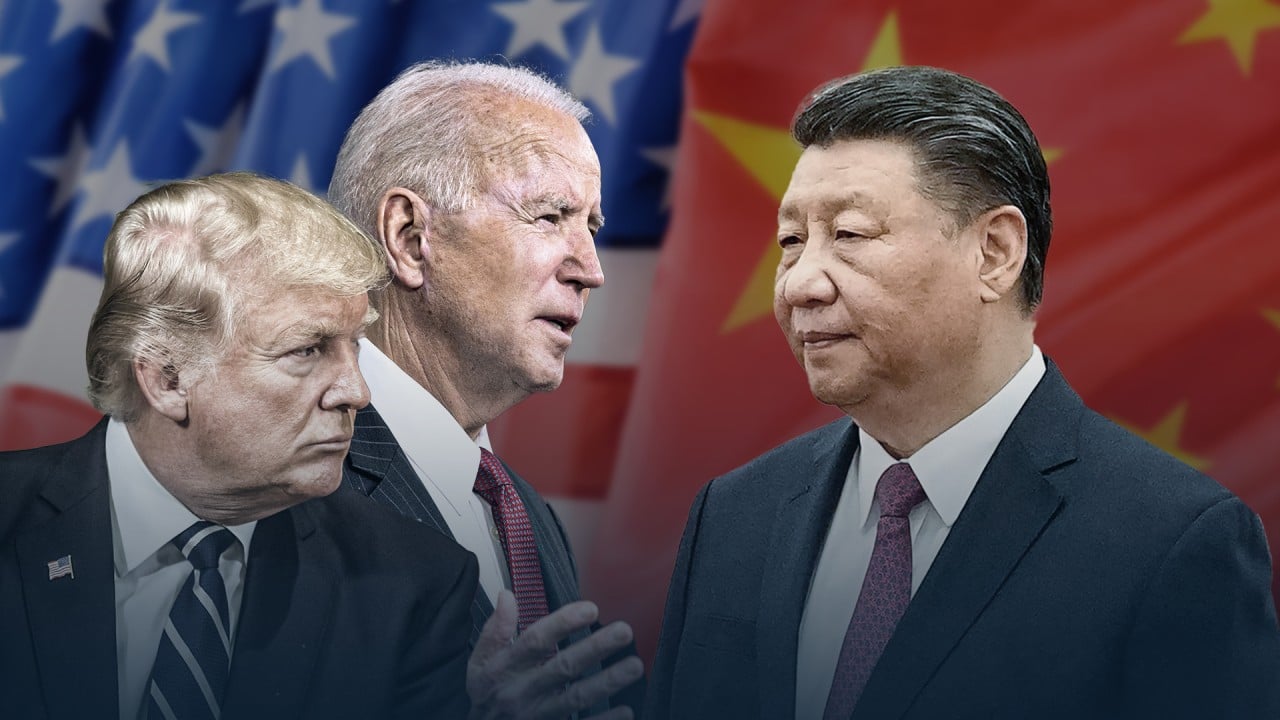Though South Africa failed to secure a ceasefire in Gaza, its case against Israel at The Hague is a pivotal moment with broad significance: it signals the readiness of the Global South to challenge the existing Western-dominated international order that it perceives as unfair.
Also at the summit, Ugandan President Yoweri Museveni urged his fellow leaders from the developing world to “work collectively to ensure that we achieve an international economic order that is just and equitable”.
The G77 push for change reflects the continued trajectory initiated by China’s ascent, fostering social-economic uplift in the Global South, and progressively shifting the global economic centre of gravity away from the West.
The Gaza crisis, especially the South African case against Israel, represents another significant reconfiguration in the geopolitical sphere – namely, the gradual displacement of the presumed stature of the US as the central custodian of global peace.

The roles of Kampala and Pretoria highlight two distinct aspects in the ongoing reconfiguration of the world order. While China is often portrayed as the primary instigator, the G77 summit and South Africa’s advocacy in the ICJ reveal that other nations are equally eager to reshape the US-led order.
Interestingly, there exists a de facto division of labour, with China spearheading the economic transformation while countries like Uganda and South Africa strive to bring about a fairer and more just global governance system.
In the geopolitical sphere, notwithstanding a foreign policy tainted by moral ambiguity, President Joe Biden still upholds the perception of America as a force for good. Similarly, the Republican Party, especially its religious right-wing, maintains a steadfast conviction in the US’ manifest destiny as a “city upon a hill”.
Why Trump’s return may not be all bad for a world on the brink
Why Trump’s return may not be all bad for a world on the brink
Biden’s military response to the escalating Middle East crisis shows that, despite its diminishing soft power, the US remains determined to utilise its hard power to sustain global dominance.

The former Harvard Kennedy School dean Joseph Nye, who popularised the term “soft power” in the late 1980s, recently drew a parallel between the campus unrest over Harvard’s response to the Gaza war and the protests during the Vietnam era in the late 1960s. However, Nye said that the campus violence he experienced during the Vietnam war was worse.
The ICJ ruling did not halt the bloodshed in Gaza but the global community must continue to support South Africa’s efforts to hold Israel accountable for the atrocities committed against Palestinians. On a broader scale, countries of the Global South must leverage the G77 momentum and persevere in transforming the prevailing Western-centric world order into a more equitable one, all achieved through peaceful means.
Peter T.C. Chang is a research associate at the Institute of China Studies, University of Malaya, Kuala Lumpur, Malaysia


